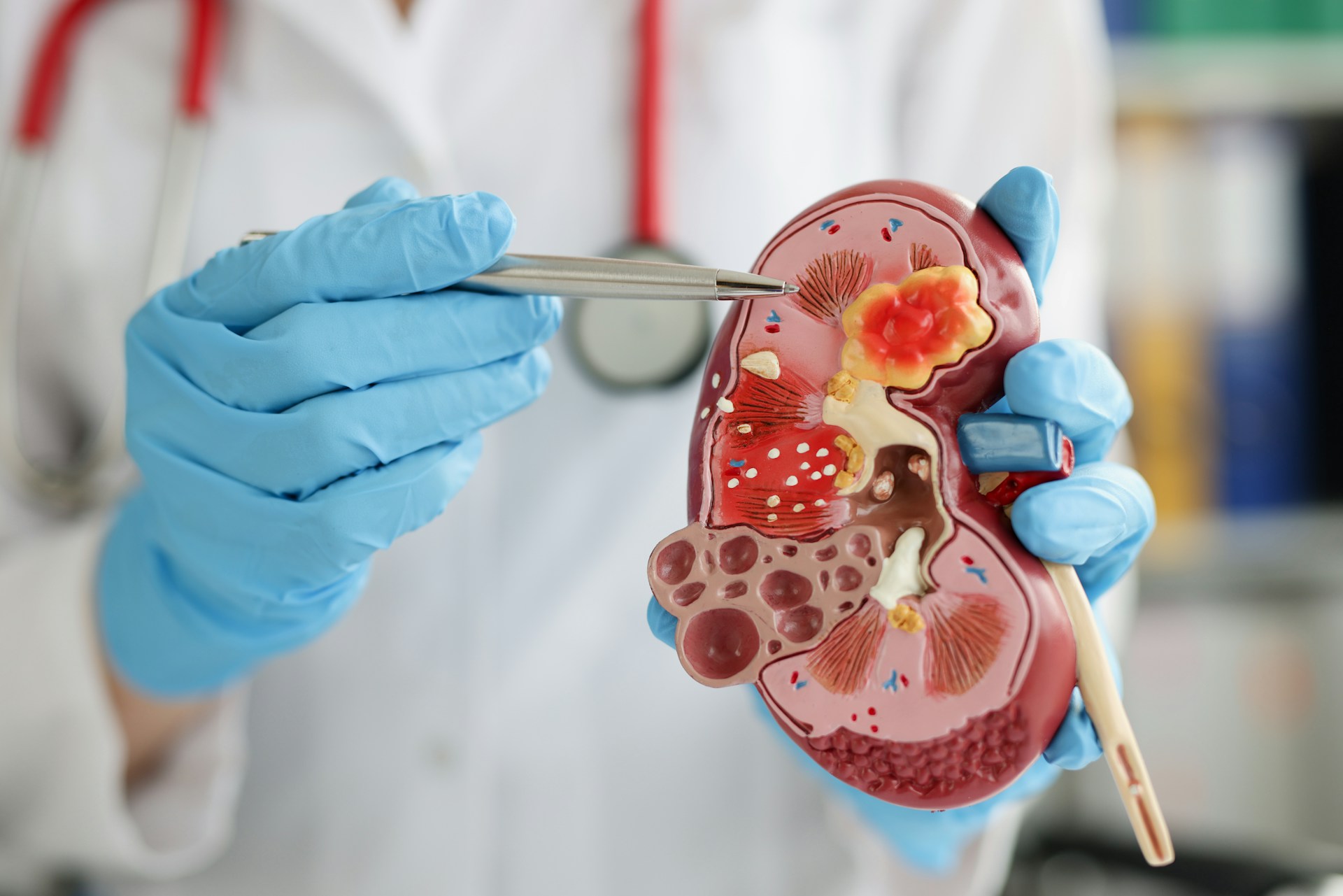Your kidneys play a crucial role in maintaining overall health, filtering waste from your blood and balancing essential minerals. However, many people are unaware of the signs that indicate kidney issues, leading to delayed treatment. This post highlights the top signs you should see a nephrologist in New Jersey to ensure your kidneys stay healthy and function properly.
Understanding the Role of a Nephrologist
Nephrologists are specialized doctors who diagnose and treat kidney-related conditions. They manage everything from chronic kidney disease (CKD) to electrolyte imbalances and hypertension. If you notice any of the following signs, it might be time to consult a nephrologist.
1. Persistent Fatigue and Weakness
Kidney problems can lead to a buildup of toxins and impurities in the blood, causing persistent fatigue and weakness. If you’re constantly feeling tired despite adequate rest, it could be a sign that your kidneys are not functioning properly.
2. Changes in Urination
Changes in urination patterns are among the earliest signs of kidney trouble. These changes can include:
- Increased Frequency : Frequent urination, especially at night.
- Reduced Output : Decreased amount of urine.
- Dark or Foamy Urine : Dark, cloudy, or foamy urine could indicate the presence of protein or blood.
- Pain or Difficulty : Experiencing pain or difficulty while urinating.
3. Swelling in Legs, Ankles, or Feet
Kidneys help remove excess fluid from your body. When they are not functioning correctly, this fluid can build up, leading to swelling in your legs, ankles, or feet. If you notice persistent swelling, it’s essential to seek medical advice.
4. High Blood Pressure
High blood pressure is both a cause and a consequence of kidney disease. If your blood pressure remains high despite medication and lifestyle changes, it could indicate underlying kidney issues that need to be addressed by a nephrologist.
5. Persistent Itching
Kidneys remove waste from the bloodstream. When they fail to do so effectively, waste products can accumulate, leading to persistent itching. If you have unexplained itching that doesn’t seem to resolve, it might be due to kidney dysfunction.
6. Shortness of Breath
Shortness of breath can be related to kidney issues in two ways: the extra fluid in the body can accumulate in the lungs, and anemia (a common complication of kidney disease) can leave your body starved for oxygen. If you find it increasingly difficult to catch your breath, it’s a sign to see a nephrologist.
7. Nausea and Vomiting
The buildup of waste products in the blood can also cause gastrointestinal symptoms like nausea and vomiting. If you experience frequent nausea or vomiting without any apparent reason, it might be linked to your kidney health.
8. Metallic Taste in Mouth and Ammonia Breath
Accumulation of toxins in the blood can lead to a metallic taste in the mouth or ammonia breath. These symptoms can affect your appetite and lead to weight loss. If you notice these changes in your taste or breath, it’s time to consult a nephrologist.
9. Persistent Pain in the Lower Back or Side
Pain in the lower back or side can be a sign of kidney issues, especially if it’s persistent and severe. This pain can indicate kidney stones, infections, or other problems that require immediate attention.
10. Family History of Kidney Disease
If you have a family history of kidney disease, you are at a higher risk of developing kidney problems. Regular check-ups with a nephrologist can help monitor your kidney health and catch any issues early on.
Proactive Steps for Kidney Health
Seeing a nephrologist is crucial if you notice any of the above signs. However, there are also proactive steps you can take to maintain kidney health:
Healthy Diet
A balanced diet rich in fruits, vegetables, and whole grains can support kidney health. Limit salt, processed foods, and high-protein diets that can put strain on your kidneys.
Stay Hydrated
Proper hydration is essential for kidney function. Aim to drink plenty of water throughout the day to help your kidneys filter waste effectively.
Regular Exercise
Exercise helps maintain a healthy weight and blood pressure, both of which are vital for kidney health. Aim for at least 30 minutes of moderate exercise most days of the week.
Avoid Smoking and Excessive Alcohol
Smoking and excessive alcohol consumption can damage your kidneys. Quitting smoking and moderating alcohol intake can significantly benefit your kidney health.
When to Schedule an Appointment
If you’re experiencing any of the signs mentioned or have risk factors such as diabetes, high blood pressure, or a family history of kidney disease, it’s wise to schedule an appointment with a nephrologist. Early detection and treatment can prevent further complications and improve your quality of life.
Taking Charge of Your Kidney Health
Your kidneys are vital to your overall well-being. By paying attention to the signs and taking proactive steps, you can maintain kidney health and prevent serious complications. Don’t wait for symptoms to worsen—consult a nephrologist if you have any concerns about your kidney function.
Taking control of your kidney health means being aware of the signs that something might be wrong and seeking professional help when necessary. Remember, early intervention is key to managing kidney disease and maintaining a healthy, active life.


